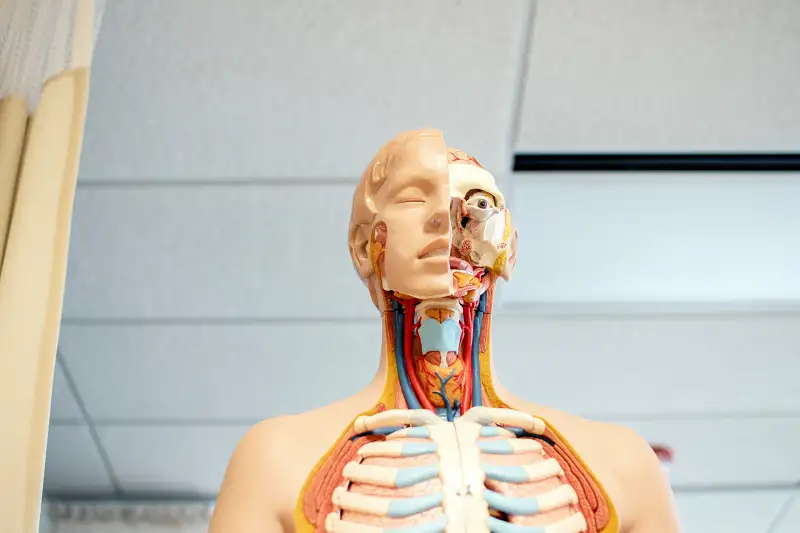Table of Contents
- Historical Context of Biopolitics
- Michel Foucault and the Concept of Biopower
- Governmentality and Biopolitics
- The Biopolitical Subject
- Biopolitics and Neoliberalism
- Biopolitics in the Context of Global Health
- Critiques of Biopolitics
- Biopolitics and Technology
- Future Directions in Biopolitical Studies
- Conclusion
Biopolitics is a concept that merges biological and political realms, illustrating the way in which human life is governed and regulated by political powers. This term was popularized by the French philosopher Michel Foucault in the late 20th century. He explored how modern states exert control over the biological aspects of their populations, such as health, reproduction, and mortality. Biopolitics thus represents a significant shift in the focus of power from the sovereign rule over territory to the administration of life itself. This article will provide a comprehensive overview of biopolitics, its historical context, key theoretical contributions, and its implications in contemporary society.
Historical Context of Biopolitics
The origins of biopolitics can be traced back to the emergence of modern nation-states in the 17th and 18th centuries. During this period, governments began to develop systematic methods to manage and regulate populations. These included public health initiatives, censuses, and other demographic tools that allowed states to collect and analyze data about their citizens. The rise of capitalism also played a crucial role, as the economic system required a healthy, productive workforce. Consequently, the state began to intervene more directly in the lives of individuals, regulating their bodies and behaviors to maximize productivity and economic growth. This historical backdrop set the stage for the development of biopolitical theories in the 20th century.
Michel Foucault and the Concept of Biopower
Michel Foucault’s work on biopower is central to understanding biopolitics. In his lectures at the Collège de France, particularly in “Society Must Be Defended” and “The Birth of Biopolitics,” Foucault explored how power shifted from a focus on sovereign authority to the management of life. He introduced the concept of biopower to describe the ways in which states regulate populations through an array of institutions, practices, and knowledge systems. Biopower operates through two main mechanisms: disciplinary power and regulatory power. Disciplinary power targets individual bodies, shaping behavior through institutions like schools, hospitals, and prisons. Regulatory power, on the other hand, operates at the population level, managing birth rates, health, and life expectancy.
Governmentality and Biopolitics
Foucault’s concept of governmentality further elucidates the relationship between biopolitics and governance. Governmentality refers to the techniques and strategies employed by governments to direct the behavior of populations. It encompasses a wide range of practices, from public health campaigns to economic policies, that shape how individuals live their lives. Foucault argued that modern states use governmentality to exercise biopower, creating a form of governance that integrates both political and biological considerations. This approach allows states to exert control over populations in more subtle and pervasive ways, influencing not only what people do but also how they think and feel about their own bodies and lives.
The Biopolitical Subject
A key aspect of biopolitics is the notion of the biopolitical subject, an individual whose biological existence is regulated by political power. The biopolitical subject is not just a citizen with rights and duties but also a body to be managed and optimized. This concept highlights the ways in which personal health, reproductive choices, and even lifestyle habits become matters of public concern and regulation. The rise of biopolitics has led to the medicalization of many aspects of life, where normal biological processes are scrutinized and controlled by medical authorities and state policies. This has profound implications for individual autonomy and the experience of selfhood.
Biopolitics and Neoliberalism
Get the full article AD FREE. Join now for full access to all premium articles.
View Plans & Subscribe Already a member? Log in.





